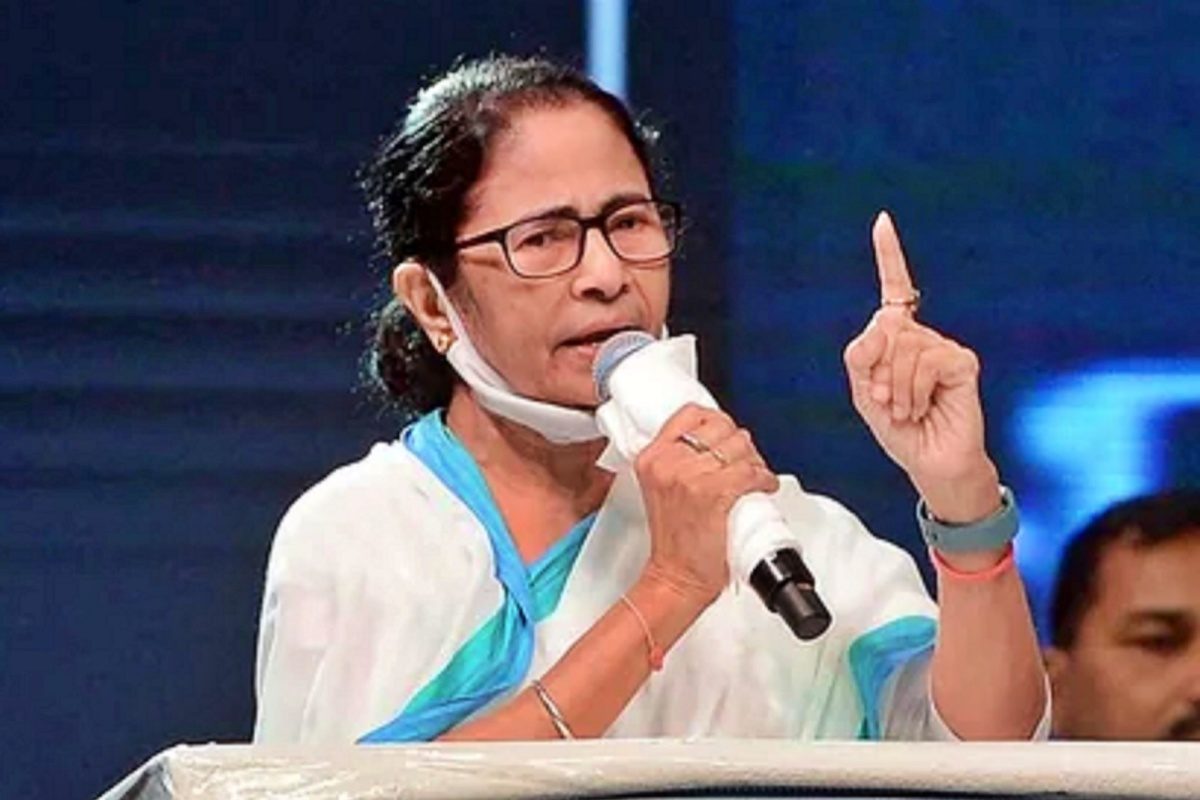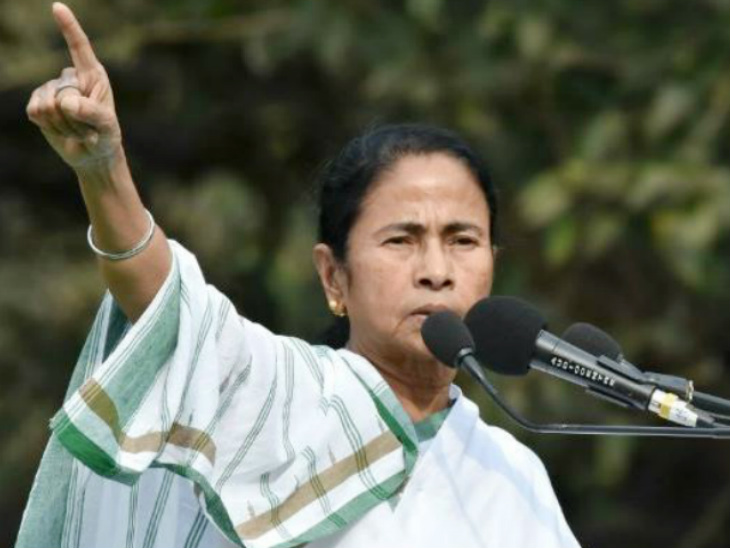West Bengal’s Chief Minister Mamata Banerjee has been a significant player in Indian politics for decades. Her almost a decade-long term in office has been met with praise and criticism. Her treatment of the state’s minority populations has been a frequent topic of criticism in political debate. Mamata Banerjee’s leadership has been accused of appeasement by her detractors, while her defenders maintain that she is just promoting communal unity and safeguarding the rights of all residents.

Appeasement of the minority
Mamata Banerjee is hardly the only Indian politician to face charges of attempting to “appease” a minority group. Many think she has been too accommodating to minorities, especially Muslims, to win their votes. Some of the most critical claims involve selective aid systems that favor the religious outreach of minority populations. Scheduling religious gatherings on different dates to prevent interfaith tensions is sometimes seen as a politically driven move.
Apologetic statements
Mamata Banerjee’s supporters say she isn’t appeasing anybody but rather working to ensure the well-being of West Bengal’s minority groups. Her detractors argue that rather than targeting one group, her programs are designed to foster a community where everyone can succeed. They think the social programs are meant to help minority groups.

Those who support Mamata Banerjee say she acts out of a desire to preserve peace in society. They argue that it is practical to avert religious confrontations by holding the immersion of Durga idols and Muharram processions on different days. Her backers say that the Chief Minister’s programs routinely aim to improve marginalized groups’ economic and political standing. Initiatives to empower minorities often involve training and employment opportunities within the public sector.
Actions that are both complex and politically charged
It’s a politically fraught and nuanced subject whether or not Mamata Banerjee is a silent appeaser of West Bengal’s minority community. Accomplishing this requires a detailed comprehension of her behavior, goals, and the political climate in which she works. Depending on who you ask, the same acts might be seen as appeasement or inclusive government. Promoting the well-being and rights of minority populations while keeping the political environment fair and equal for all is a tricky balancing act.

Like any good political discussion, the answer may benefit from some clarification. Mamata Banerjee’s leadership in West Bengal, especially her treatment of the state’s minority populations, will continue to be debated and studied. The electorate and history will ultimately decide how successful her leadership and policies were, especially their effect on minority groups.

